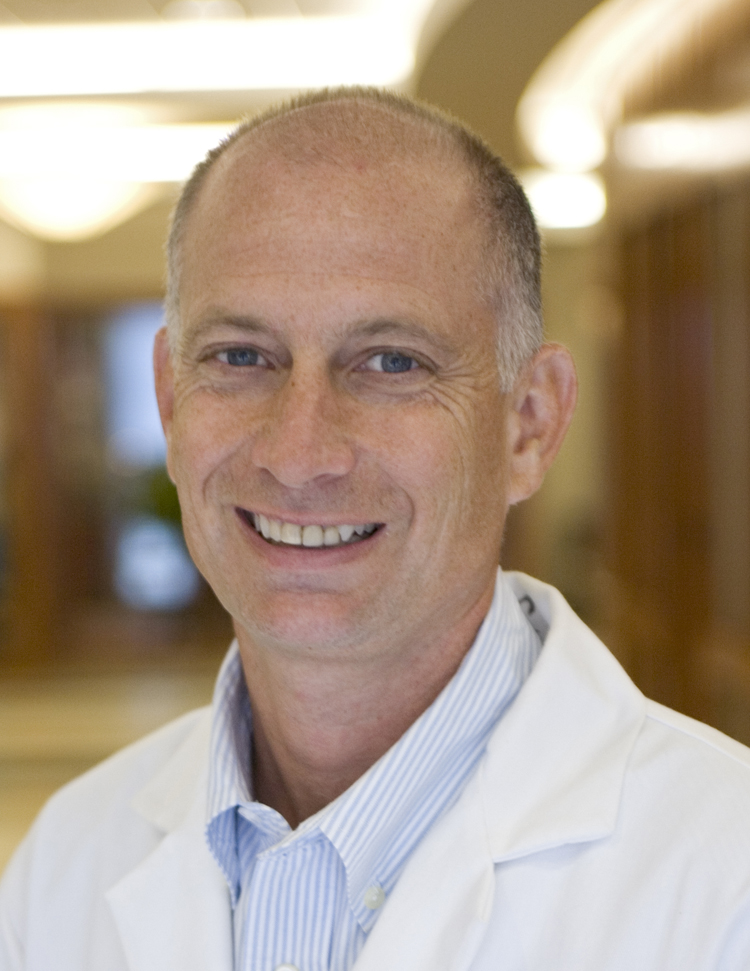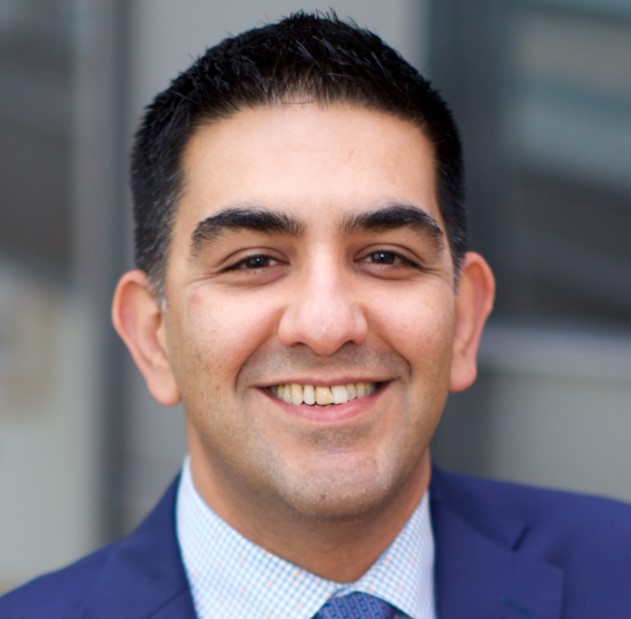Triage for Appropriate Treatment Task Group
Task Group Charge:
To increase access to, mitigate variability in, and improve outcomes associated with diagnosis, staging, biomarker testing, treatment, and surveillance among patients with lung cancer.
Task Group Members
Brett Bade, MD
Northwell University
Julie A. Barta, MD, ATSF
Thomas Jefferson University
Upal Basu Roy, PhD, MPH
LUNGevity Foundation
Leigh Boehmer, PharmD, BCOP
Association of Community Cancer Centers
Ian Bostock Rosenzweig, MD, MS
Medical University of South Carolina
Adam Fox, MD
Medical University of South Carolina
Louise M. Henderson, PhD, MSPH
University of North Carolina at Chapel Hill
Bruce Johnson, MD, FASCO*
Dana-Farber Cancer Institute
John Kang, MD, PhD
University of Washington
Edward Kim, MD, MBA, FACP, FASCO
City Of Hope, Orange County
Denise Lee
Patient Advocate
Christine M. Lovly, MD, PhD
Vanderbilt-Ingram Cancer Center
Nikki Martin, MA
LUNGevity Foundation
Raymond Osarogiagbon, MBBS, FACP
Baptist Memorial Healthcare
Shetal Patel, MD, PhD
University of North Carolina at Chapel Hill
Carolyn J. Presley, MD
The Ohio State University
(*) indicates Steering Committee member
Matthew Reiss, MSE, PhD
GO2 for Lung Cancer
M. Patricia Rivera, MD, ATSF, FCCP
University of North Carolina at Chapel Hill
Albert Rizzo, MD, FACP, FCCP
American Lung Association
Sinchita Roy Chowdhuri, MD, PhD
MD Anderson Cancer Center
Liora Sahar, PhD, GISP
American Cancer Society
Kim Lori Sandler, MD
Vanderbilt University
Lecia Sequist, MD, MPH
Harvard Medical School
Lynette M. Sholl, MD
Brigham and Women’s Hospital
Anurag Singh, MD
Roswell Park Comprehensive Cancer Center
Brendon Stiles, MD, FACS
Albert Einstein College of Medicine and Montefiore Medical Center
Robert Suh, MD
University of California, Los Angeles
Jeffrey Velotta, MD, FACS
Kaiser Permanente Oakland
Douglas Wood, MD, FACS, FRCSEd*
University of Washington
Chi-Fu Jeffrey Yang, MD
Harvard Medical School
American Lung Cancer Screening Initiative
Opportunities For Intervention/Influence:
- Address the lack of experience and/or expertise in screen-detected lung nodule management.
- Identify strategies to reduce the variation (geographic, SES, income, race/ethnicity, rural, etc.) in access to lung cancer specialists.
- Identify strategies to overcome the non-adherence with staging and management guidelines.
- Highlight the disparities in receipt of curative-intent surgery for early stage NSCLC and develop strategies to eliminate these disparities.
- Develop strategies to reduce the variability in access and use of comprehensive biomarker testing for expression of immune-markers and targeted therapy.
- A new age of induction and adjuvant therapy for patients with resectable lung cancer (priority topic).
- Implementation of sublobar resection (priority topic).
- Optimizing the management and outcomes of individual with incidentally detected lung nodules.
- Optimizing surveillance strategies for patients with lung cancer who have undergone curative-intent treatment.
Addressing Comprehensive Lung Cancer Biomarker Testing Through Project ECHO
In February 2021, the American Cancer Society’s National Lung Cancer Roundtable (ACS NLCRT) launched a 3-state pilot to increase comprehensive biomarker testing for non-small cell lung cancer (NSCLC) using Project ECHO (Extension for Community Healthcare Outcomes), a hub-and-spoke knowledge sharing network led by expert teams who use videoconferencing to conduct virtual telementoring sessions with community medical teams. Three states, Georgia, Kentucky, and Mississippi, participated in the pilot project. In September 2022, the ACS NLCRT expanded the project to include eight states: Arkansas, Florida, Louisiana, South Carolina, Tennessee, Texas, West Virginia, and Virginia. The first-phase expansion will conclude in May 2023, and plans are underway to include the remaining thirty-nine states and Puerto Rico by 2025. Updates will be posted here as the project progresses.
The primary goal of this ECHO clinic was to increase provider knowledge and confidence to address common barriers to implementing comprehensive biomarker testing for NSCLC within their respective cancer teams and institutions. A secondary project aim was to foster collaboration among participants to continue to overcome barriers to biomarker testing within each state or region, reflective of their unique cultural, geographic, and payer landscape. More detailed information is available in the Three-State Pilot Executive Summary below.
Learn more about the ACS NLCRT’s 3-state pilot and 8-state expansion here.
Optimizing Lung Cancer Biomarkers in Practice: A National Initiative
- NLCRT Promoting Guideline-Concordant Lung Cancer Staging Summit Executive Summary 2023
- NLCRT Promoting Guideline-Concordant Lung Cancer Staging Summit Program 2023
- NLCRT Optimizing Lung Cancer Biomarkers in Practice Summit Executive Summary 2022
- NLCRT Optimizing Lung Cancer Biomarkers in Practice Summit Program 2022
- NLCRT Optimizing Lung Cancer Biomarkers in Practice Summit Executive Summary 2020
- NLCRT Optimizing Lung Cancer Biomarkers in Practice Summit Agenda 2020
- NLCRT Optimizing Lung Cancer Biomarkers in Practice Summit Biosketches 2020
- NLCRT Optimizing Lung Cancer Biomarkers in Practice Summit Roster 2020
- NLCRT Optimizing Lung Cancer Biomarkers in Practice Summit Key Takeaways 2020

